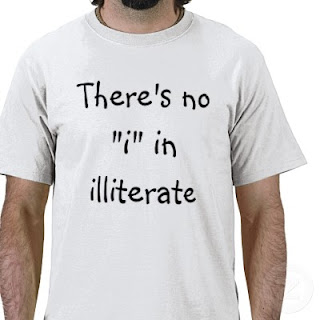What is your degree in, specifically?
Ph.D in clinical psychology, board certified in pain management with diplomat status(highest).
What was your inspiration for pursuing psychology in general?
Compassion to always help people, Christianity brought him to this. When he originally came to college was a bible major, decided wasn’t quite what he wanted. Pursued social work, wasn’t satisfying enough for him. Felt that paperwork dominated the occupation, wanted more one-on-one…picked psychology. Worked for a church in D.C., associate minister for ultra wealthy and impoverished all at once.
Why did you pick your specialty?
Stumbled into it. In Philly, private practice, variety of clients. Saw ad for a person specializing in pain in a medical center, was involved developing a new diagnosis for psychosomatic pain disorders. Picked pain management as his dissertation topic focused on this.
How does a typical day in your practice play out?
Thursdays, 5 people a week. Session runs 50 minutes, find out how many people per day. Starts half an hour before first session, reads session reports, and makes sure new intakes have been reviewed, along with medical history. Speaks with other healthcare to aid acquisition of knowledge. Requests information from primary care physician, monitors treatment by medical professionals.
What type of patients do you see?
Usually medically ill patients are taken in. Works with those who cannot manage pain on their own. Hyper vigilant to pain reduces ability to enjoy life and cope more efficiently.
What is your opinion of health psychology?
Professionally, has little contact with Health Psychologists, they are rare and “elusive”. They are more consulting oriented than practice oriented.
What is the difference between clinical psychology and the subspecialty of health psychology?
Licensure is state by state, must practice within specialty. Is your degree approved by the APA and other boards of certification? Preventative versus management.
What is most difficult about being a professional psychologist?
Just starting out is difficult, trying to build a client base. Giving up time to give depositions in court cases.
Have you ever lost a patient to illness or suicide?
Yes, a man at an assisted living center in town had heart problems, talked of suicide. Worked with this man for 6 weeks, and then died of his heart related condition. Purposeful overdose of pain medication has happened.
How does being a professional psychologist impact your family life?
Helps him to become a better parent. Becoming a more personable person. Models genuine and caring nature in all things through his training. Effective to being human or as a professional.
Do you find it difficult to differentiate between your professional identity and your personal one?
Is a workoholic, has to work very hard a balancing focus of life. His studies help him to view his world more clearly, and to interact with other people more effectively. Tools given through his experience aid him in dealing with personal issues.
How often do you utilize chaplains and spiritual aids?
As often as a person requests it. Is ethical to pursue ideas of individual concerning spirituality. Doesn’t impose values, helps to explore it if they wish. Encourages spiritual mentors that align with their personal beliefs. Had an interesting case where a young woman “could not be forgiven”. Worried about not being forgiven.
How would describe a stereotypical psychologist? What is your exemplar?
Caring and genuine
Female
Firm, holding somebody to reality
Originally, 50% had problems, very abstract
Get excited over little things.
Must posses a level of ambiguity and embrace that to be effective.
Being comfortable in being brutally aware of their own limitations.



